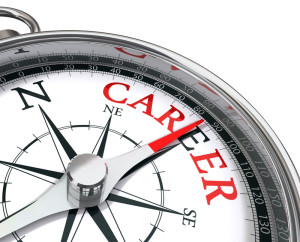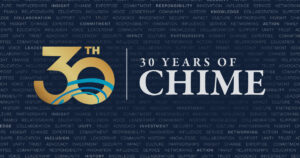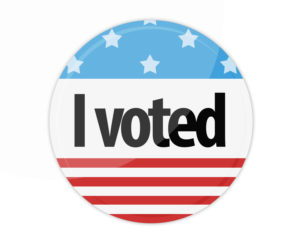This week in between holidays is a time when leaders may be working a more relaxed schedule and planning for the coming year. When I was a full-time CIO, I appreciated this last week of the year with few to no meetings and the opportunity to cleanup, catchup, and prepare for the new year.
to no meetings and the opportunity to cleanup, catchup, and prepare for the new year.
While the past three years have at times been a blur as I try to recall when certain pandemic related events and changes happened, and the political discourse is incredibly discouraging at times, I remain optimistic about our collective future.
Health IT leaders will continue to face staffing challenges and cost constraints as organizations are under increased financial pressures. The successful health IT leaders in 2023 will be those who can partner effectively with their peers as a member of the executive team, support their organization’s strategic priorities and goals, find ways to reduce costs without reducing services, create flexible work environments with workforce strategies that ensure the best talent on the team, and embrace new and innovative technologies that solve real problems and improve the patient, clinician, and employee experience.
As in previous years, my StarBridge Advisors colleague, David Muntz, has again written an excellent year end blog – 12 Steps to Prepare for 2023 – Big Challenges – Bigger Opportunities. His 12 steps are worth considering as you plan for 2023. And his intro is a powerful reminder of why we work in healthcare and the kind of people we should strive to be in all our interactions:
“Healthcare is a people business. We need to remind ourselves and our coworkers that mercy and compassion, not anger, define our profession and us as professionals. We need to model mercy and compassion in our personal lives, in our interpersonal relationships, not just with family and friends, but with strangers and, equally important, our coworkers and business partners. One way to do that is through genuine listening in pursuit of true understanding – so easy to say, so difficult to do. Give others an avenue to express themselves. For your own sake, lower your defenses. As you create a list of resolutions for the new year, please add to it active and courageous listening, building trust, and treating everyone with kindness.”
May your 2023 be a healthy, peaceful year filled with kindness!








